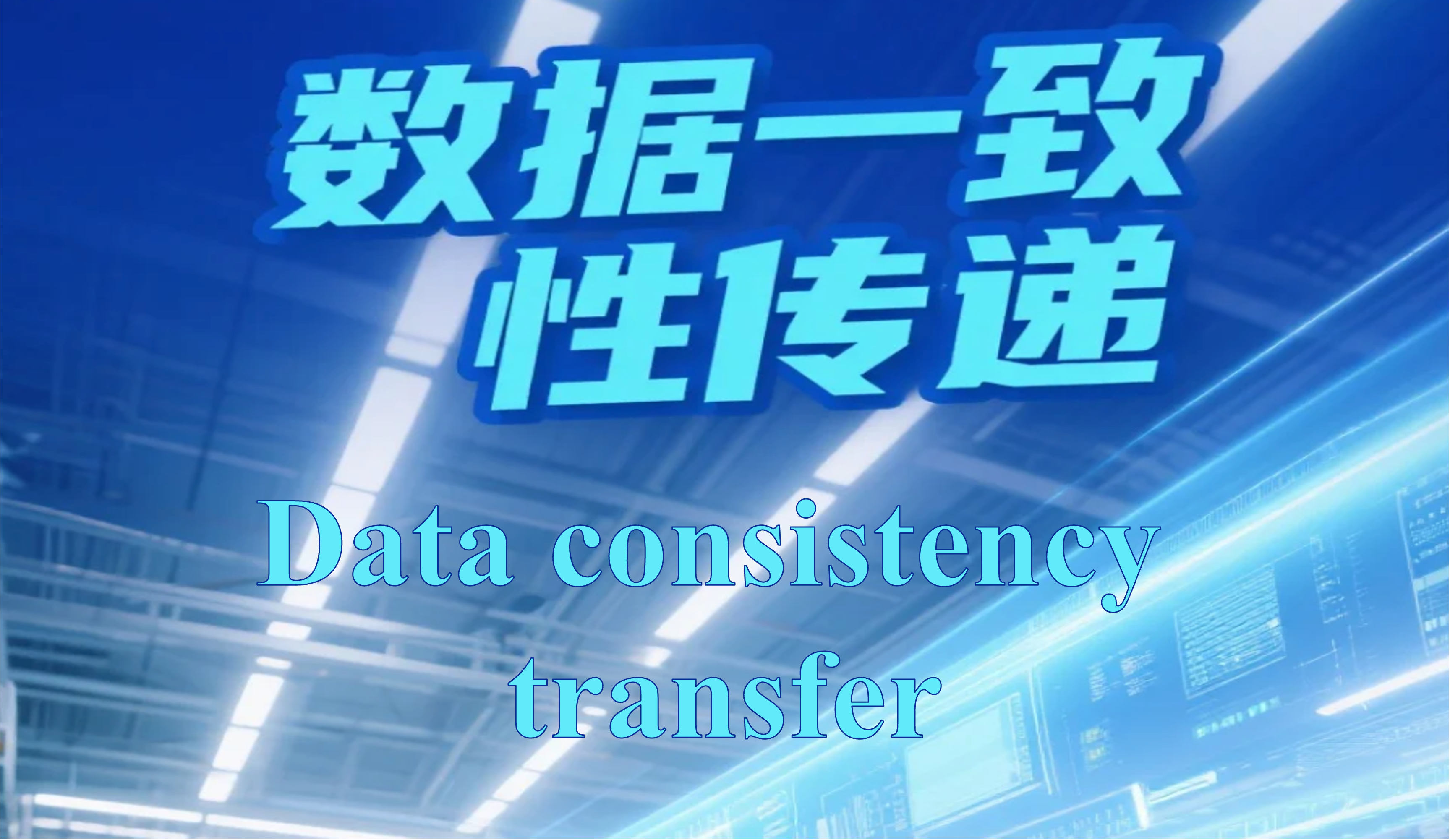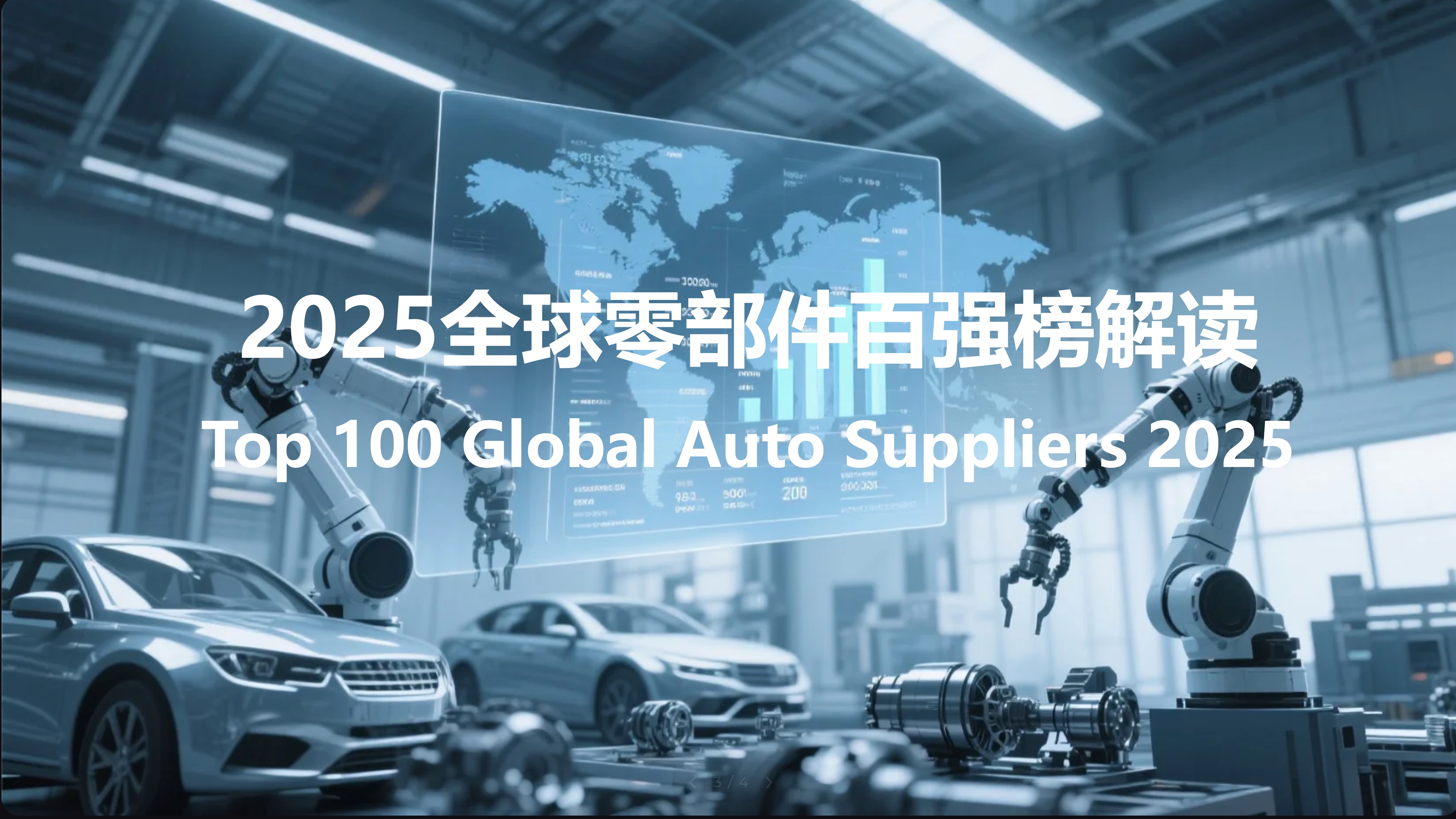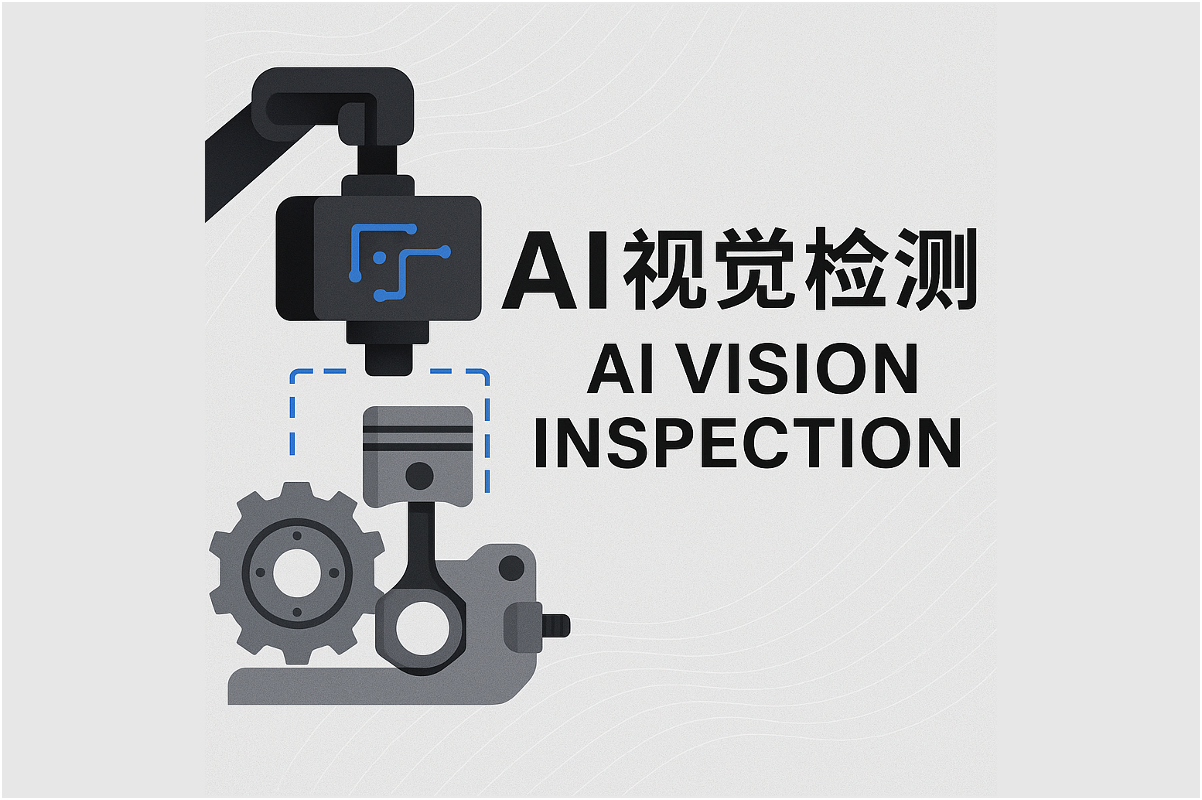Digital transformation has been widely discussed globally for years. From 2015 to 2025, almost all companies have realized the importance of digital transformation, and governments and industry organizations have also introduced relevant policies and standards. However, despite continuous technological advancements and innovations, LinkedData has found that the same old three challenges—system silos, talent shortages, and lack of management awareness—continue to plague most companies, especially private manufacturing firms. Why, after so many years of consensus, are these challenges still preventing tangible digital transformation results? How can we break free from these “old three challenges”?
1. Technology Is No Longer a Bottleneck, But Why Do Problems Persist?
01. Technology Has Advanced, But Infrastructure Is Still Lacking
Over the years, rapid developments in cloud computing, big data, IoT, and artificial intelligence have provided powerful support for digital transformation. More and more companies are able to purchase and implement systems that suit their needs, and many systems are becoming increasingly powerful. However, many private manufacturing enterprises are still stuck in a “technology silo” state, where systems are incompatible, and data cannot flow seamlessly. This isn’t due to a lack of technological capability, but because the organizational capacity and infrastructure are insufficient to support it.

Technology advances quickly, but an enterprise’s foundational data structure, standardized processes, and system architecture often do not keep pace. This causes a situation where “technology is no longer a bottleneck,” but the disconnection between information flow, material flow, and cash flow remains, leading to data silos and management blind spots, which ultimately obstruct the actual benefits of digital transformation.
02. Cross-Departmental Collaboration Challenges Remain Unresolved
Digital transformation is fundamentally a cross-departmental, cross-functional initiative. This means that information, processes, and responsibilities across different departments must be highly coordinated. However, the push for digital transformation often faces “departmental barriers,” especially when dealing with ERP, MES, QMS, and other systems. Departments such as production, finance, quality, and R&D operate in silos, and data and information are not efficiently shared.
This issue is particularly prominent in private manufacturing firms, where cross-departmental collaboration mechanisms are often inadequate. As a result, even though the systems may appear comprehensive, the lack of effective coordination and cooperation means the anticipated outcomes often fail to materialize.
2. Talent Shortage Remains the Most Difficult Pain Point: It’s Not That There Are No People, But No One Can Do the Job
01. The True Dilemma of Digital Talent Shortage
Although many companies have begun investing in digital construction, recruiting positions like “Digitalization Manager” or “Chief Information Officer” (CIO), the shortage of digital talent remains a universal bottleneck.
IT personnel are limited to technical implementation but lack an understanding of business processes, making it difficult to design appropriate digital solutions based on the company’s actual needs.
Business personnel understand processes but do not grasp the technical aspects, making it hard to optimize processes and improve efficiency through digital means.
Senior management may support digital transformation, but their daily duties are overwhelming, leaving them with insufficient time and energy to participate actively in driving the transformation. This lack of strategic involvement hinders the overall process.
This disconnect between technology and business, and the misalignment of talent and needs, results in slow progress and lackluster outcomes in digital transformation projects.

02. The Lack of Digital Coaches: Who Will Lead the Digital Transformation?
Many manufacturing companies’ digital transformation projects lack a “digital coach” who can lead, coordinate, and oversee efforts across departments. This role requires a deep understanding of business processes and strong cross-departmental communication and organizational skills. However, many companies outsource the digital transformation to their IT departments or assign inexperienced business personnel to lead it. These individuals often lack the expertise to make effective decisions and drive the transformation’s complexity, depth, and breadth.
3. Management Awareness Remains the Biggest Barrier: The Lack of “Spiritual Leadership” for Digital Transformation
01. Senior Management’s “Support” Is Just Lip Service
In the early stages of digital transformation, many company leaders express support for it, but once practical execution issues arise, they often resist or push the responsibility elsewhere. The core reason behind this is that management often views digital transformation as an additional burden, rather than a strategic decision to drive long-term development for the company.
They fear that complex systems will increase management difficulty.
They worry that excessive investment will not yield returns.
They are concerned about the risks and uncertainties that come with digital transformation.
This mindset results in digital transformation remaining at the “support” level without substantial progress, as senior management fails to provide the necessary resources and support for its effective execution. Without management seeing digital transformation as a core strategy, it remains superficial and cannot bring about long-term, impactful change.

02. Misalignment Between Management’s Expectations and Actual Actions
Many senior managers expect digital transformation to provide real-time risk visualization, data monitoring, and responsibility tracing, rather than simply generating reports. However, if digital tools are not integrated into business decision-making and execution, they remain just tools and fail to serve as true drivers of business transformation and efficiency improvement.
4. Conclusion: Why Do the “Old Three” Challenges Still Exist? How Can We Break Through?
The true challenge of digital transformation is not technological barriers but deep-rooted organizational, cultural, and human resource issues. Despite technological advancements, internal data silos, talent shortages, and lack of management awareness still exist, preventing digital transformation from fully delivering its potential.
The solutions lie in:
Addressing specific business pain points and gradually implementing digital systems, rather than pursuing a “big platform” from the start.
Using a system + consulting approach to not only provide digital tools but also optimize management processes, reorganize structures, and cultivate digital capabilities for true transformation.
Encouraging management to actively participate in the development and execution of digital strategies, ensuring that digital transformation receives adequate support and is successfully implemented.
In the journey of digital transformation, LinkedData is here to support every step. Only by fundamentally solving these challenges can we truly achieve successful digital transformation, driving companies to a more efficient and intelligent future in production and management.
Start Now! Improve Order Delivery Efficiency Immediately!
Contact us and explore order delivery efficiency improvement with LinkedData digital transformation experts.
Request a Demo
 0510-8521 1230
0510-8521 1230



